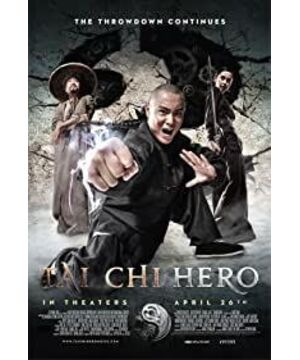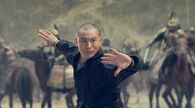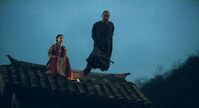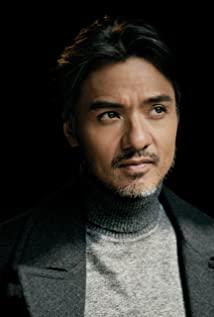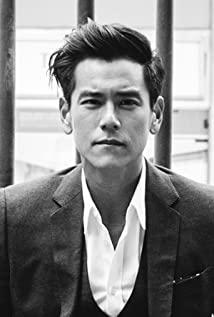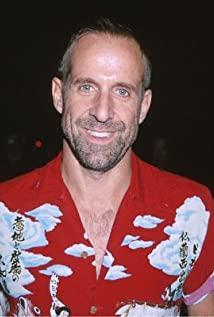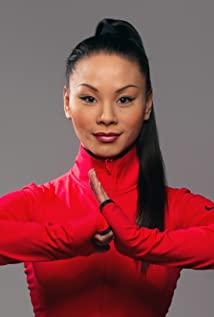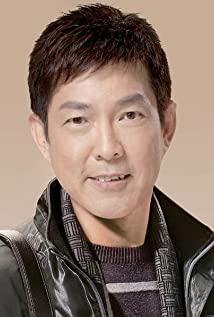When I was bored, I watched the first movie in the cinema. In the spirit of beginning and ending, I also looked for the second part.
The film tells the story of Yang Luchan who went to Chenjiagou to learn boxing, eventually became a master of a generation, and saved Chenjiagou from danger. The story is generally the same as the TV series "Master of Tai Chi" starring Wu Jing. However, although this film is about Tai Chi in name, its focus is not Tai Chi, but in essence it is about demolition and petitioning.
The state builds the railway, passing through Chenjiagou. Someone in the road construction team took personal revenge and wanted to take the opportunity to destroy Chenjiagou. Yang Luchan went to Beijing to file a complaint, met the prince, and confronted Chen's fraudulent behavior in the process of building the road. In the end, the bad guys were brought to justice, the railway was diverted, and Chenjiagou was preserved.
The story is familiar, isn't it? The role of Taijiquan is Yang Luchan's business card to meet the prince, and it is also the mud that smoothes the gaps in the interests of all parties in the society. In the film, the contradiction between public and private rights is secretly replaced by the bad guys, which simplifies the trade-off of the immediate interests of those in power into a battle of martial arts. As the saying goes, the officials' vainness and condescension are called "playing Tai Chi", and this film is fighting Tai Chi with a real conflict of interest. This is a philosophy of life with more Chinese characteristics than Tai Chi.
WeChat public account: "littlebasinyo"
View more about Tai Chi 2: The Hero Rises reviews


